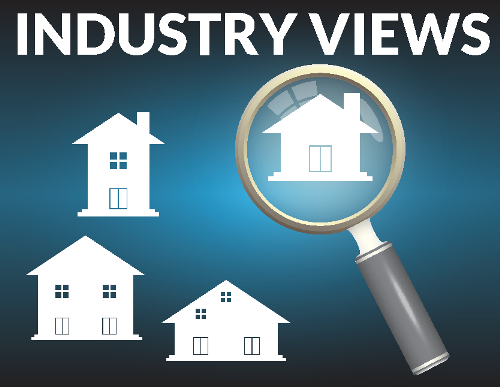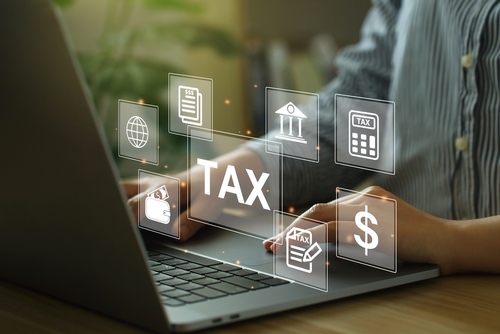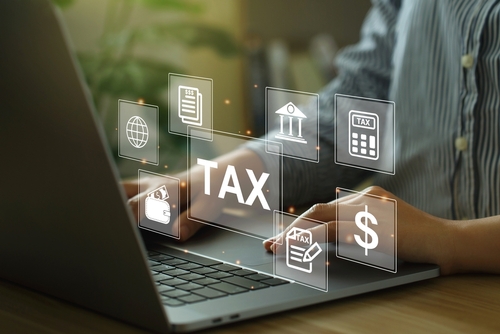When is a landlord a business, and when is (s)he not a business?
I’m not referring to landlords who have gone down the road of incorporation, which answers the question cleanly. I’m talking about the majority of individual buy to let landlords who have not incorporated.
For HM Revenue & Custom, the answer is that a landlord IS a business…except when it’s convenient to designate a landlord as NOT being a business.
Let me explain, and use this week’s announcement on Making Tax Digital as my case in point.
In recent days there has been a restatement of HMRC’s deadlines for bringing landlords into the Making Tax Digital process. Leaving to one side whether MTD is a good or bad thing, and whether it’s yet another burden for landlords, my point revolves around HMRC’s definitions used in its official documentation.
This says:
Businesses, self-employed people and landlords will be required:
⁃ to operate MTD from 6 April 2026 in relation to their trading and property income chargeable to Income Tax and Class 4 National Insurance contributions, if their total qualifying income from these income sources for a tax year exceeds £50,000;
⁃ to operate MTD from 6 April 2027 in relation to their trading and property income chargeable to Income Tax and Class 4 National Insurance contributions, if their total qualifying income from these income sources for a tax year exceeds £30,000.
Here, it seems, landlords are grouped alongside businesses and the self-employed.
However you care to term it, even though landlords have a separate word from businesses in the HMRC documentation, they are classified alongside, grouped together, regarded as much the same. You get the point.
Now look at the row over Section 24 of the Finance Act 2015.
This dates back to when then-Chancellor George Osbourne (remember him?) introduced a restriction on tax relief on buy to let mortgages. Under Section 24, all rental income made from a property is taxed with landlords having no right (from 2020) to offset mortgage interest payments.
Before that time, landlords could offset mortgage interest costs against tax - just like a business.
However, Osborne and his numerous successors as Conservative Chancellors, plus their teams at HMRC, have always regarded Section 24 as an opportunity to put landlords in their place as individuals and not as businesses. This made the abolition of mortgage interest tax relief justifiable, because it was a benefit not open to owner occupiers.
So for S24 purposes, HMRC did NOT regard landlords as businesses. Yet for Making Tax Digital landlords ARE regarded as de facto businesses.
-
Public sympathy for the landlord fraternity is at a pretty low level now, thanks to politicians dodging their responsibility to build homes and instead deflecting criticism towards those who put money into buy to let, often just to eke out their pensions.
But you would at least expect governments of all colours to have a level of consistency: is a buy to let landlord an individual or a business?
In reality the answer, of course, is neither - for most politicians, a landlord is just a scapegoat.














.jpg)
.jpg)






.png)



Join the conversation
Be the first to comment (please use the comment box below)
Please login to comment